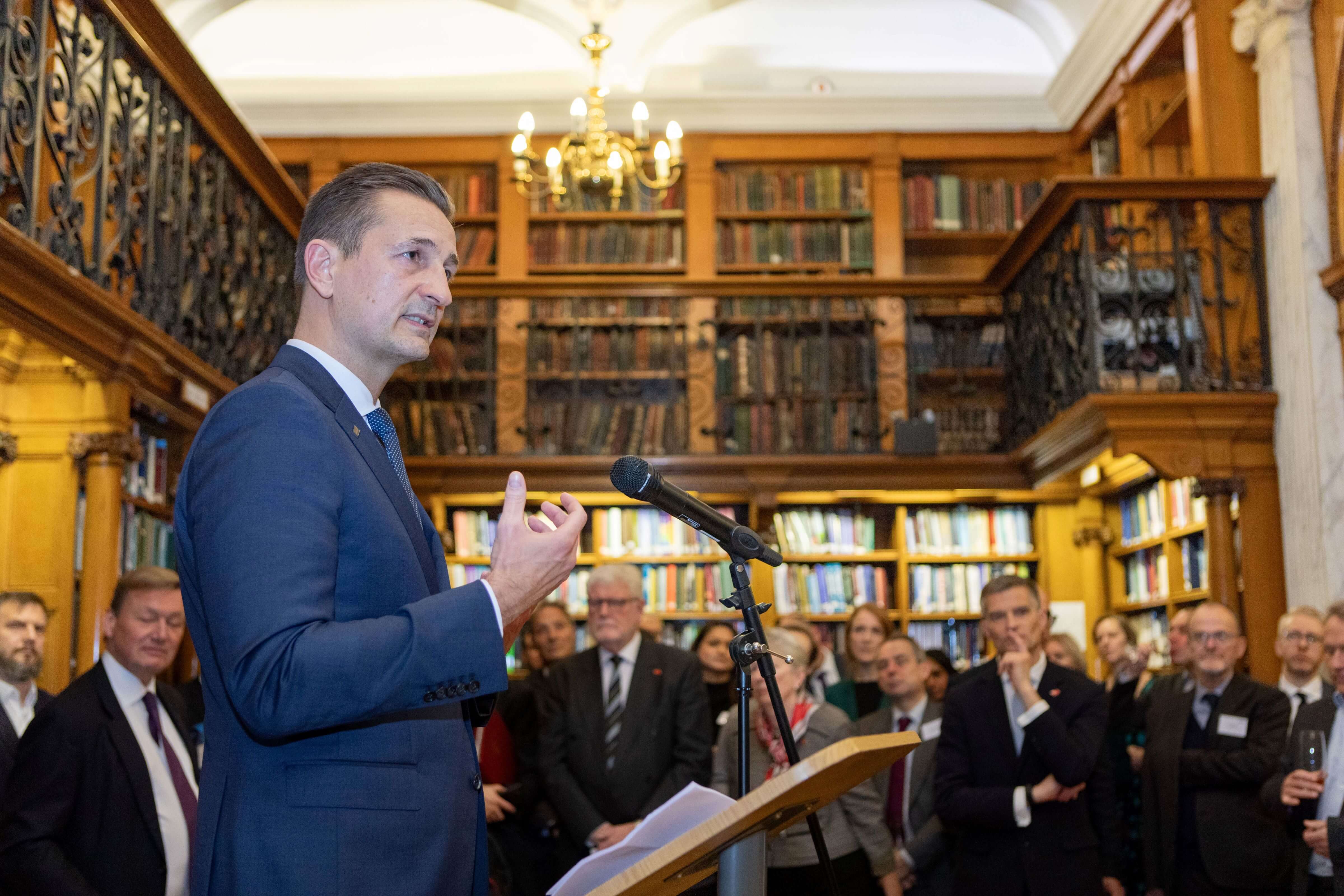
This month it is an honour for me to assume the role of Chair of the UK Major Ports Group (UKMPG) at a crucial time not just for the sector, but the whole of UK plc. As CEO of Associated British Ports (ABP), the largest port operator in the country, I am ambitious for our sector and the future of our country. I am convinced that now is the moment to go faster, think bolder and deliver more than ever before.
The UKMPG represents nine of the biggest port operators who run the largest ports in England, Scotland and Northern Ireland. Our ports are responsible for 95% of all goods entering and leaving Britain but they are also economic hubs in their own right, hosting logistics, manufacturing and service sector facilities, employing over 200,000 people directly and far more in the supply chain.
We have a fundamental role in delivery of national imperatives of economic growth, good quality, regionally diverse jobs and skills, energy security, a fair transition to net zero and enhanced biodiversity. Building on our heritage of providing connections to allow trade and ideas to flow between the UK and the rest of the world, this country’s ports are now seizing new opportunities by becoming hubs for green innovation and manufacturing. This requires bigger, better infrastructure at our ports to support new technologies and processes.
ABP is stepping up: we have invested £750m into our ports in the past five years and have bold plans for billions more, which we set out in our sustainability strategy, Ready for Tomorrow. With investment of around £2 billion we will decarbonise our own operations and support large-scale infrastructure projects to enable the energy transition. But to deliver that, we need a trusted partnership with government, consistent messaging and a framework that can allow us to invest with confidence in infrastructure for future industries. Without that, many new, clean technologies that could make the UK the cradle of the next industrial revolution, could seek alternatives overseas.
We have noted the positive developments in the recent Autumn Statement and recognition of the central role of ports in the Labour Party’s Industrial Strategy, alongside The Crown Estate’s announcement of a larger pipeline for floating offshore wind. These statements are welcome and can help give heft to our arguments to international investors that they should bring their capital to the UK.
This momentum must not be lost and all political stakeholders must ensure the policy framework is sturdy enough to weather the storm of political campaigning that is expected in 2024. The opportunities and challenges that ports face are too important to become political footballs and the UKMPG stands ready to work with all political parties and individuals in support of the objectives that will benefit the whole country.
As 2024 dawns, UKMPG will be sharing our priorities for the rest of this decade and how in partnership with government, our supply chains and stakeholders, we can build for long-term prosperity. We will prioritise boosting jobs and opportunities in coastal communities, supporting economic growth and a fair share for thousands of workers in the opportunities of the energy transition. We will offer our perspectives as a trusted partner on the enabling policies and regulation to support our work and attract global capital.
Together we will ensure that the UK as a proud trading nation, is positioned to play its role in the green energy and industrial transition.


